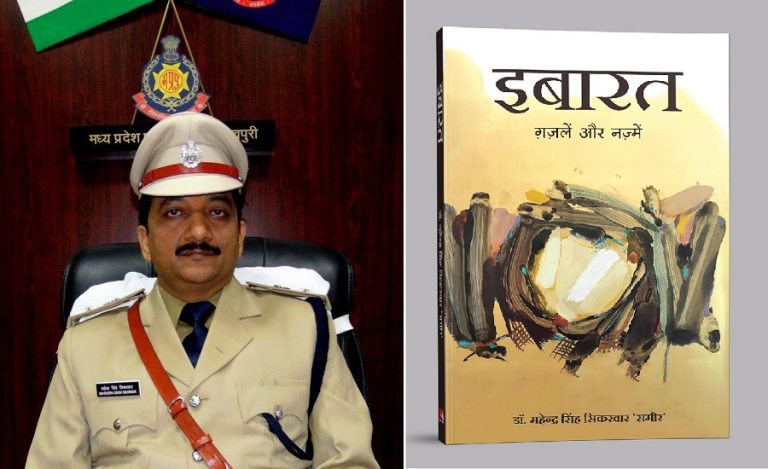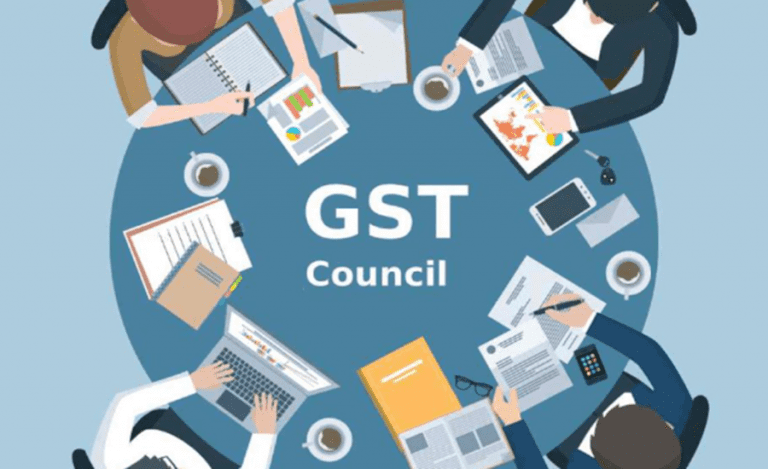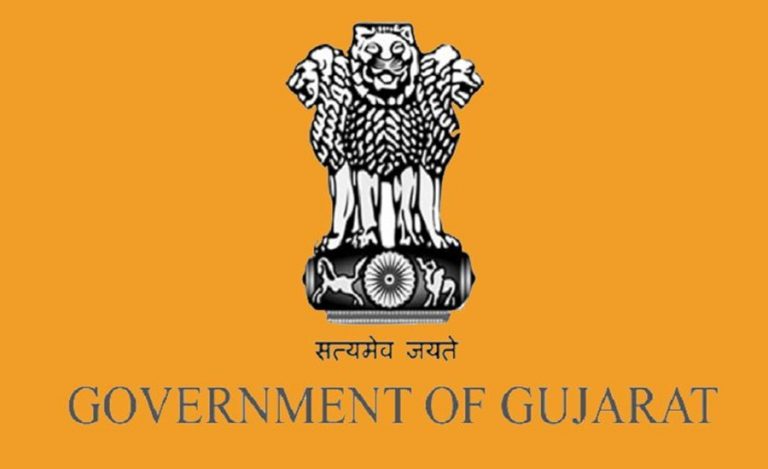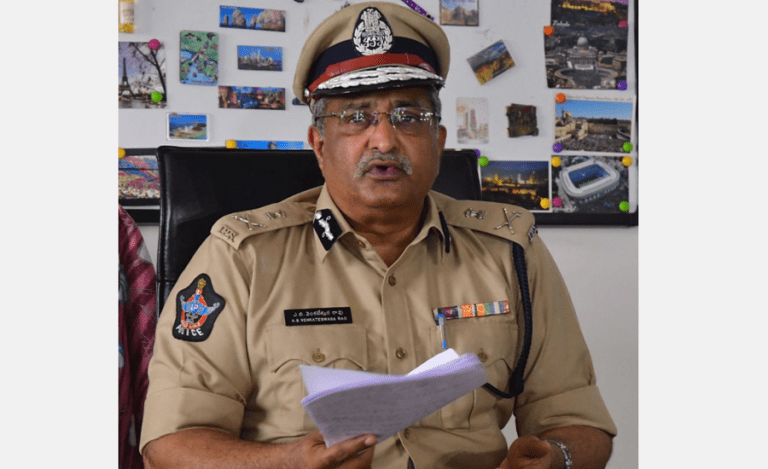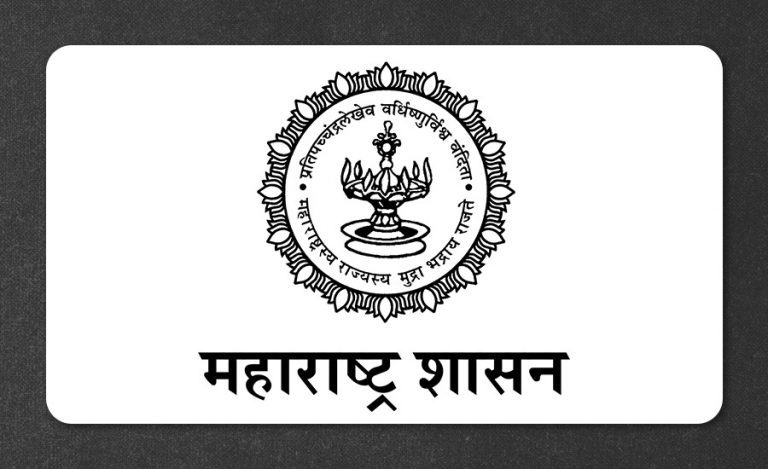At the grand Eco Warriors Awards 2024 and national conclave, the highlight was a series of panel discussions on vital environmental and conservation topics. This event was a major attraction for the audience, drawing wildlife enthusiasts and conservationists from across the country. The proceedings began with a vibrant series of panel discussions featuring experts from various fields, including Indian Forest Service officers from Uttarakhand to remote Karnataka.
The first session focused on “Promoting Eco-Friendly Tourism that Protects Wildlife.” This discussion captivated the audience as Indian Forest Service (IFS) officers, the leading eco-tourism guides, shared their insights. They ensure that our wildlife safaris and nature trails are enjoyable and environmentally responsible. By safeguarding habitats and fostering wildlife-friendly practices, they ensure that every adventure benefits to nature and local communities. Their efforts are shaping a tourism experience that not only preserves nature but also deepens our appreciation for the great outdoors.
On the panel, Mr. Dheeraj Pandey, Chief Conservator of Forests in Kumaon, and Ms. Malathi Priya M, Chief Conservator of Forests in Bengaluru, took the stage to share their insights and experiences in promoting sustainable tourism practices. Their expertise offered valuable perspectives on balancing environmental conservation with tourism development. The session was moderated by senior journalist Ms. Mukta Singh.
Wildlife tourism is rapidly growing in India, with people venturing into even the most remote forests to glimpse tigers, elephants, zebras, and other magnificent creatures. However, this surge in tourism underscores the urgent need for responsible practices to ensure that such activities do not adversely impact our ecosystems.
MEANING OF RESPONSIBLE TOURISM & THE THREE PRINCIPLES
As a retired IFS officer, Mr. Khati brings a wealth of experience in managing wildlife resources. He provides a comprehensive explanation of what responsible wildlife tourism means from a conservationist’s perspective. Mr. Khati elaborates that responsible tourism involves minimizing harm to the environment and ensuring that the resources upon which tourism depends are preserved for future generations. He emphasizes that effective wildlife and nature tourism management must be ecologically, economically, and socially sustainable. These three principles are the foundation of responsible tourism. He believes that adhering to these principles will ensure the longevity of wildlife and nature tourism for future generations.
THE CHALLENGES & OFFICER’S SOLUTIONS
Dheeraj Pandey, a 2004 batch IFS officer who has served as the director of Jim Corbett National Park and has experience with some of India’s most visited wildlife reserves, discussed the challenges of responsible tourism and his strategies for addressing them. At the conclave, he explained that one of the primary challenges forest officers face is the enforcement of rules and regulations. He noted, “In Uttarakhand, tourists visiting forest areas, especially protected areas like Corbett and Rajaji National Parks, must adhere to certain rules and regulations. This is part one of the challenge. Part two involves ensuring that tourists follow specific guidelines, dos and don’ts, which also need to be enforced.”
He also highlighted another significant challenge for responsible tourism: fostering a sense of pride among local communities, particularly those living on the fringes of forest areas. Tourists’ initial interactions often occur with local guides and drivers who escort them into protected areas. Ensuring that these guides and drivers are well-trained and motivated is crucial, as they play a vital role in shaping the tourists’ experience. By instilling a sense of pride and responsibility in these local individuals, we can enhance the overall impact of tourism on both the environment and the community.
ANOTHER PERSPECTIVE
Addressing the challenges of responsible tourism, 2008 batch IFS officer Ms. Malathi Priya acknowledged that ensuring good practices among tourists is a widespread issue across India. She expressed her honor and composure in speaking from the stage on such an auspicious day, Martyr’s Day.
Ms. Priya stated, “Conducting eco-friendly tourism is indeed very challenging, especially in Karnataka, where numerous reserves attract a large number of visitors. In my area of Mysore, which houses two major tiger reserves—Bandipur and Nagarahole—we face similar issues. To address these challenges, we calculate the carrying capacity of each reserve and manage vehicle access accordingly. Additionally, we are actively conducting various awareness programs to educate both tourists and local communities.”



